Like all right-thinking lefty men who came of age in the women’s liberation movement of the 1970s, I always thought of myself as a feminist. But now, thanks to Meryl Streep, I’ve been liberated from the label. Last week I heard her on the radio promoting her new film Suffragette. Asked why the story of the suffragettes hadn’t been made into a film before now, she said that in Hollywood the men with the power to get films made didn’t see this subject as anything to do with them. ‘It wasn’t their fight,’ said Streep. But now things were changing. ‘Increasingly we think that women’s issues and women rights are men’s issues,’ she said. ‘But it belongs to all of us to right this imbalance.’
Last year the actress Emma Watson in her address to the United Nations General Assembly made the same case. ‘Men, I would like to take this opportunity to extend you a formal invitation,’ she said. ‘Gender equality is your issue, too.’
Thanks Emma! Cheers Meryl! I would like to take this opportunity to accept. And a lot of men will too. But I don’t think most self-styled feminists will be too happy about your invitation. For if all those ‘women’s issues’ that feminists have always considered belonged to them now belong equally to men, where does that leave feminism and the idea of being a feminist? I’ll tell you: in the dustbin of history.
You can’t, on the one hand, maintain a distinctly female/gender-based view of certain issues and at the same time argue that those issues should be the concern of everyone. Put simply: we all believe in equality now, for everyone. We’re not just feminists, we’re humanists.
You don’t have to call yourself a feminist to believe in equal pay for women. It has become the common wisdom of the age because feminism has won the battle of ideas. When I was growing up in the 1970s it was not uncommon to hear some rabid reactionary — male or female — talk about a woman’s place being in the home and her function in life limited to raising children. Nobody in the West now makes a serious intellectual, moral or religious case for denying women their civil rights.
Even Hollywood — that bastion of blatant sexism — is showing signs of change. Who says? Well, Meryl Streep for one. She said in that interview that when she made The French Lieutenant’s Woman — this was in 1981 — the only women involved were in hair and make-up. ‘It was an all-male enterprise,’ she noted. But when she came to make The Iron Lady (in 2011), ‘It was half and half.’
On the day after the London premiere of Suffragette, the Thelma and Louise star Geena Davis — who lobbies on behalf of women’s equality in the American film and television industry — told a gathering at the BFI in London that Hollywood is on the point of making ‘historic’ improvements in the number of female characters in films within ten years.
That’s the good news. The bad news is that any possible post-feminist wave of common-sense unisex activism is undermined by the fact that, though women have won the battle of ideas and enjoyed unprecedented equality, a bitter battle of the sexes is still going on.
It’s reached a new intellectual low. Social media promised to be a platform for new ideas and new voices. It has become the playground of bullying and puerile insult — at least when it comes to men and women. We don’t debate each other, we denounce each other. Men for their sexism, women for their feminism. Or the way they look. Gone are the days when Norman Mailer and Germaine Greer did intellectual battle over feminism, men and women, sex — you name it — in front of an audience in a town hall in New York. Now we have the Twitter hashtag ‘#killallwhitemen’. You can’t dumb down more than that.
Check out the sad and silly spectacle of modern ‘feminists’ actually protesting at the opening of Suffragette. Some women complained about government funding for victims of domestic abuse being cut. Others said never mind them, it’s lesbians, gays, bisexuals and the transgendered who are the true victims of these cuts. Other women complained that ‘women of colour’ were not adequately represented in the film. And on it went. So much for female solidarity! They were engaged in a competition of ‘Who has the greatest grievance?’
That protest was exactly the kind of women-only activism that makes headlines and noise and achieves nothing of substance. It shows that the label ‘feminist’ and the world view of feminism has served its historical function. Feminism has much to be proud of. But now it’s an impediment to progress. Old-school feminists have a vested interest in not changing. There’s a whole self-entrenched industry of feminist academics, journalists, publishers, novelists, film makers, artists, activists and politicians whose livelihood — as well as their sense of identity — would be threatened if the causes of feminism became the cause of all.
I guess men will just have to join the fight. Women’s issues are far too important for everyone to be left to the feminists.
Got something to add? Join the discussion and comment below.
Get 10 issues for just $10
Subscribe to The Spectator Australia today for the next 10 magazine issues, plus full online access, for just $10.
Cosmo Landesman has a dating column in the Sunday Times and was a co-founder, with Toby Young, of the Modern Review.
You might disagree with half of it, but you’ll enjoy reading all of it. Try your first month for free, then just $2 a week for the remainder of your first year.

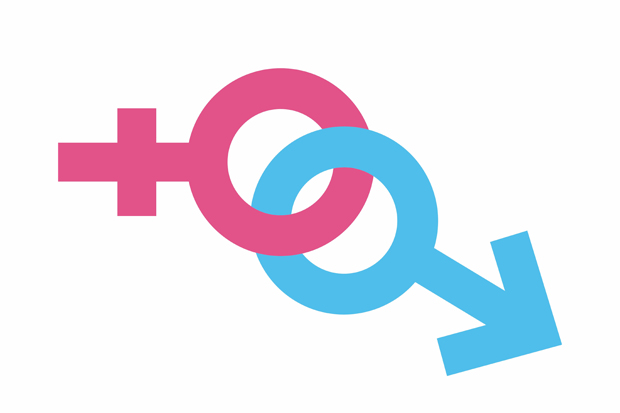
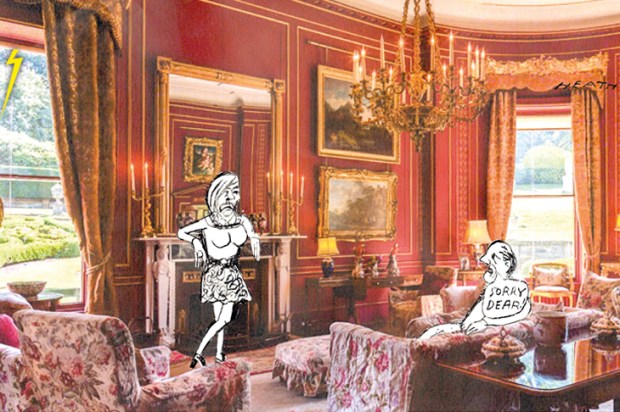
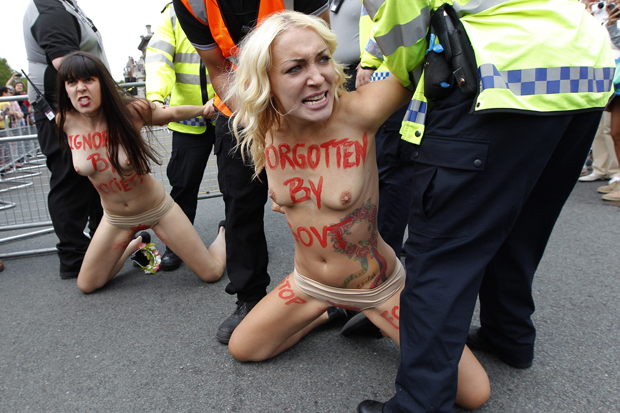
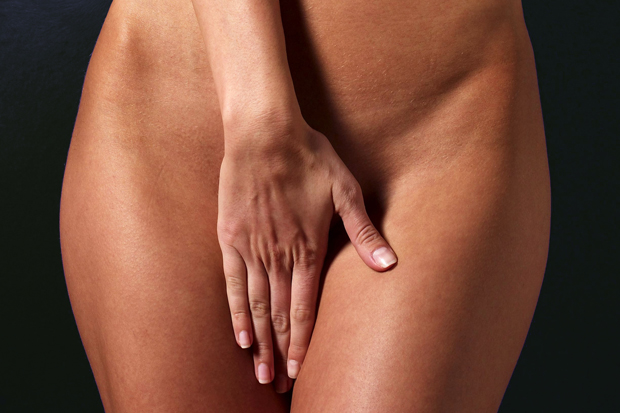
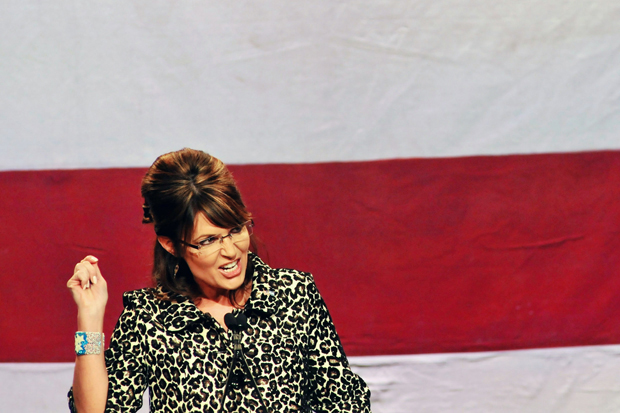








Comments
Don't miss out
Join the conversation with other Spectator Australia readers. Subscribe to leave a comment.
SUBSCRIBEAlready a subscriber? Log in